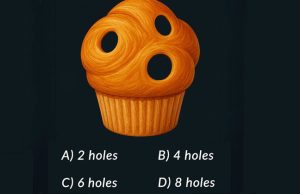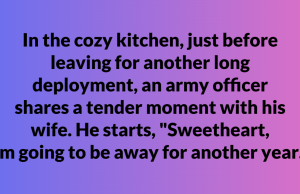
It’s a moment that can catch you off guard. You’ve just shared something personal, something raw and inti:mate. Your heart is still steadying, the air feels thick with closeness and instead of staying near, your partner quietly shifts or turns away.
That small movement can feel packed with unspoken messages. Some take it as rejection; others dismiss it as nothing. The truth is, post-intim:acy body language is rarely simple. A turned shoulder or a shift of the back can mean very different things relying on your partner, their mindset, and the relationship itself.
Here’s what it might mean when your partner pulls away after being intim:ate:
1. Needing Space
Not everyone processes closeness the same way. For some, intim:acy is intense—emotionally, physically, hormonally. Turning away may have nothing to do with you. It can simply be their way of catching their breath, calming down, or finding balance before returning to embrace you.
2. Comfort, Not Symbolism
Sometimes, it’s practical. Maybe the blanket is too heavy, the pillow cooler on the other side, or lying chest-to-chest uncomfortable. Not every movement carries meaning. Sometimes, it’s just about comfort.

3. Emotional Processing
Intimacy can unlock hidden emotions—love, vulnerability, fear, even sadness. Turning away might be a way to privately sit with those feelings before they’re ready to share them. It’s not distance; it’s reflection.
4. Guarding Emotions
Sometimes, the turn is a shield. Physical closeness is easier than emotional exposure for some. Pulling away can be their way of protecting themselves from feeling too vulnerable, not a sign of pulling away from the relationship.
5. Habit or Routine
We overanalyze body language, but routines matter. Maybe they always sleep suffering from a certain way or drift off faster in that position. A habitual turn isn’t always a message—it’s just how their body moves.
6. Possible Disconnection

Here’s the harder truth. If turning away is paired with emotional distance, avoiding touch, or less conversation, it could indicate a deeper disconnect. Occasional distance is natural; constant withdrawal may require an honest conversation.
7. A Prompt for Communication
Overthinking won’t give you answers. The best approach is gentle honesty: “Do you want space, or should I hold you?” Asking simply can dissolve assumptions and open understanding. Most partners aren’t trying to hurt you—they often just don’t realize how their actions are perceived.
Final Thought
When your partner turns away after intima:cy, it doesn’t automatically signal a problem. It could be comfort, habit, or private emotions.
The truth is intima:cy doesn’t end with the act itself. It lives in the quiet, in gestures, and in the choices that follow. The key isn’t panic—it’s noticing, understanding, and communicating. Real closeness isn’t just passion; it’s the trust to say, “I see this, and I want to understand you better.”



















